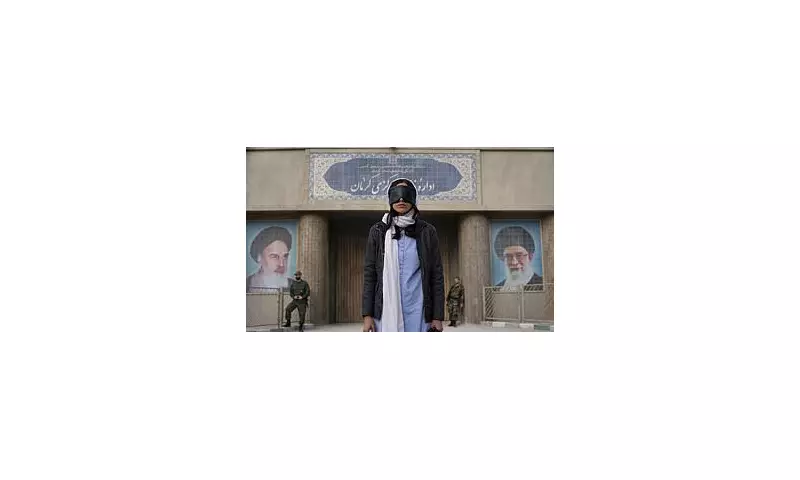
The BBC's new drama, Prisoner 951, opens with a stark declaration: 'This is a true story', immediately followed by the caveat 'Some Scenes Have Been Imagined'. This framing, while standard for productions based on real events, leaves the audience to ponder precisely where the line between documented fact and dramatic licence is drawn.
A Family Visit Turns Into a Nightmare
In April 2016, what should have been a routine journey home became a life-altering catastrophe. Nazanin Zaghari-Ratcliffe, a British-Iranian charity administrator, was at Tehran airport with her toddler daughter, returning to England after visiting her family. Without warning, she was detained by stern-faced security personnel.
Her luggage was thoroughly searched, and she was subjected to intense interrogation. Officials demanded to know, 'What is your mission?' In a tactic designed to intimidate, they even criticised her hijab, deeming it 'inappropriate' and instructing her to 'adjust her scarf'. Initially given false hope that she would be released the following day, Nazanin instead became a political pawn in a diplomatic dispute between the UK and Iran. She would not regain her freedom for another six long years.
Systematic Psychological Pressure
The drama's first episode pulls no punches in depicting the harsh reality of her confinement. Her young daughter's passport was confiscated, trapping the child in Iran. Her family was placed under constant surveillance and photographed. Every move was monitored by severe-looking women in strict Islamic dress, and she was often blindfolded during transfers.
The accusations against her, when they finally emerged, were almost farcical in their scale. She was accused of plotting to overthrow the Iranian regime. To this, she gave a powerfully reasonable retort, questioning how she alone could achieve what the combined forces of the US and Israel had not managed.
A Helpless Husband and a Failing System
Back in the UK, her husband, Richard, played by Joseph Fiennes, was plunged into a world of desperation and bureaucratic inertia. The portrayal of his helplessness is heart-wrenching, particularly in a poignant scene where he reads his daughter a Peppa Pig bedtime story over the phone.
If the Iranian authorities are presented as the clear antagonists, the British Foreign Office is not cast in a heroic light. When Richard contacted the Iran desk, an official named George advised him to 'do nothing, say nothing, tell no one, and wait'. It was only when Richard ignored this counsel and began a public campaign that he received an audience at the Foreign Office, where Minister Tobias Ellwood warned him against annoying Iranian hardliners.
The drama forces viewers to confront the complex and often frustrating nature of international diplomacy, where the clear-cut solutions of a bygone era are no longer available.






